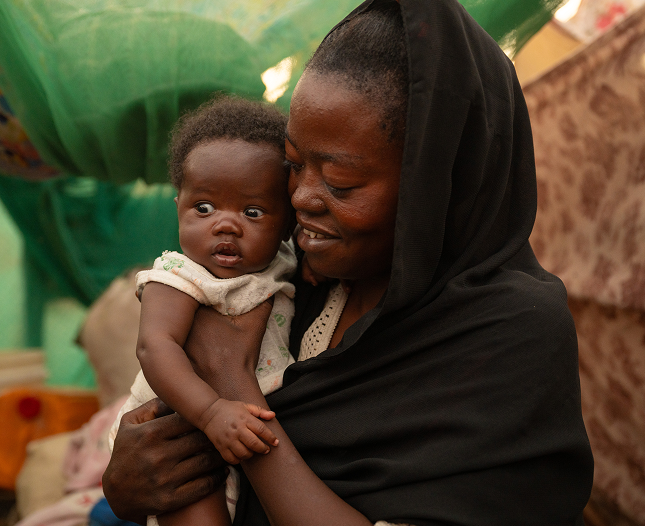Supporting the strength and knowledge of our local members in humanitarian responce
In 2024, 300 million people required humanitarian assistance and protection due to conflict, climate emergencies, and other factors. Humanitarian needs continue to surpass the resources that are available within the international system, the funding shortfall across humanitarian appeals globally was 54% (UN OCHA Dec 2024 GHO) by the end of the year. Conflict remains one of the primary drivers of humanitarian needs. Conflict levels have almost doubled in the past five years (ACAPS), amid the worsening of existing conflicts and the resurgence of conflicts that were of low intensity. ACT Alliance members have responded and continue to respond to the humanitarian needs of affected populations in some of the world’s most severe humanitarian crises.
